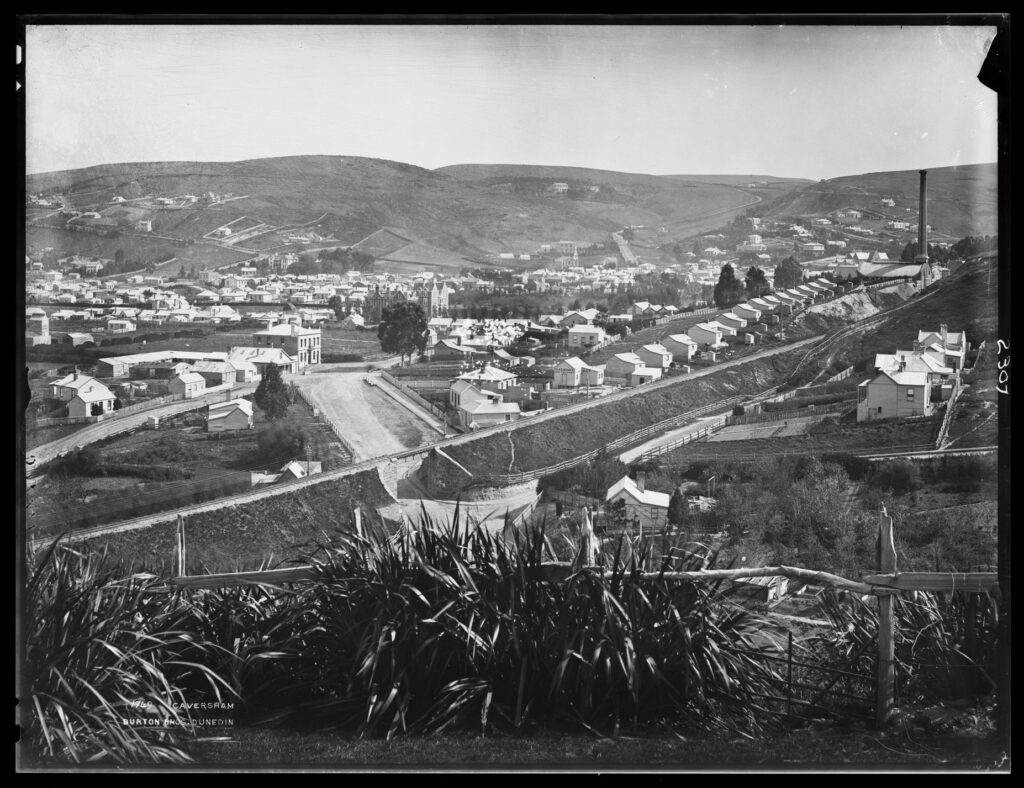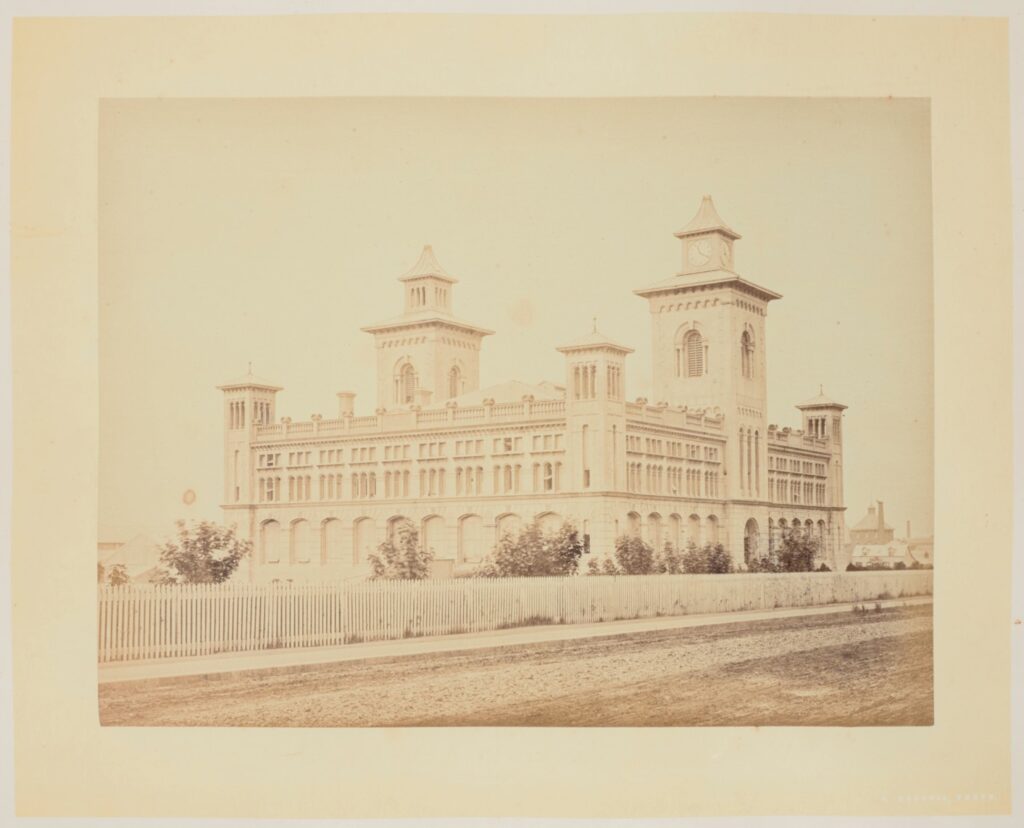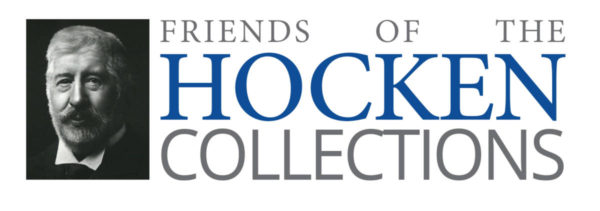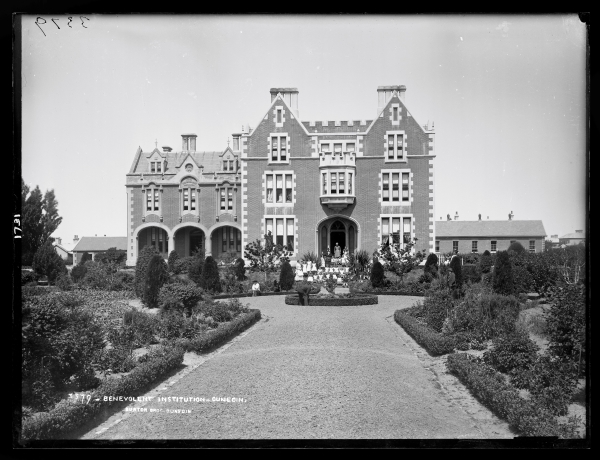By Paul Barton
One of Dr Hocken’s lesser-known positions was medical officer at the Otago Benevolent Institution in 1864-1888. The Institution, referred to by Caversham locals as the “Benny”, was created to deal with the growing social distress in Dunedin despite a gold rush in Otago.

The Institution began by providing outdoor relief, and by 1866 it was supporting 27 men, 133 women, and 4,332 children. In 1866 it opened an asylum in Caversham. Initially, the Institution supported orphans, but by 1883, 50 men, 10 women and 37 children were in its care.
Dr Hocken’s task as a medical officer was to address the medical needs of the inmates at the Institution, and to visit the recipients of outdoor relief in their homes. His philosophy of public health was simple: good ventilation and drainage, and vaccination.

Voluntary subscribers supported the Institution. However, a worsening financial position, caused by a drop in subscriptions in the 1880s, led to the Institution being managed by the local bodies and financed by the rate payers.
One result of the new regime was that many incurables were transferred from the Dunedin Hospital to the Institution. It is a mystery as to why Dr Hocken left the Institution, however it was likely that his animus was not with the Committee, but the new form of management that prioritised cost cutting at the expense of his patients.

In some ways, his time at the Benevolent Institution ended in failure. He was criticised in two managerial inquiries, and his pleas for a hospital for incurables were turned down, but his conscientiousness as a doctor was praised in the committee reports. His collection of annual reports for the Committee of Management of the Otago Benevolent Institution were a worthy addition to his library, as they show the transformation of a voluntary and private system of aid to a state-financed system of welfare in New Zealand.
Main image: A Stereograph of the Benevolent Institute, Caversham, Dunedin
Date ca. 1890s photograph taken by William Williams. Reference 1/1025917-g
Alexander Turnbull Library.

